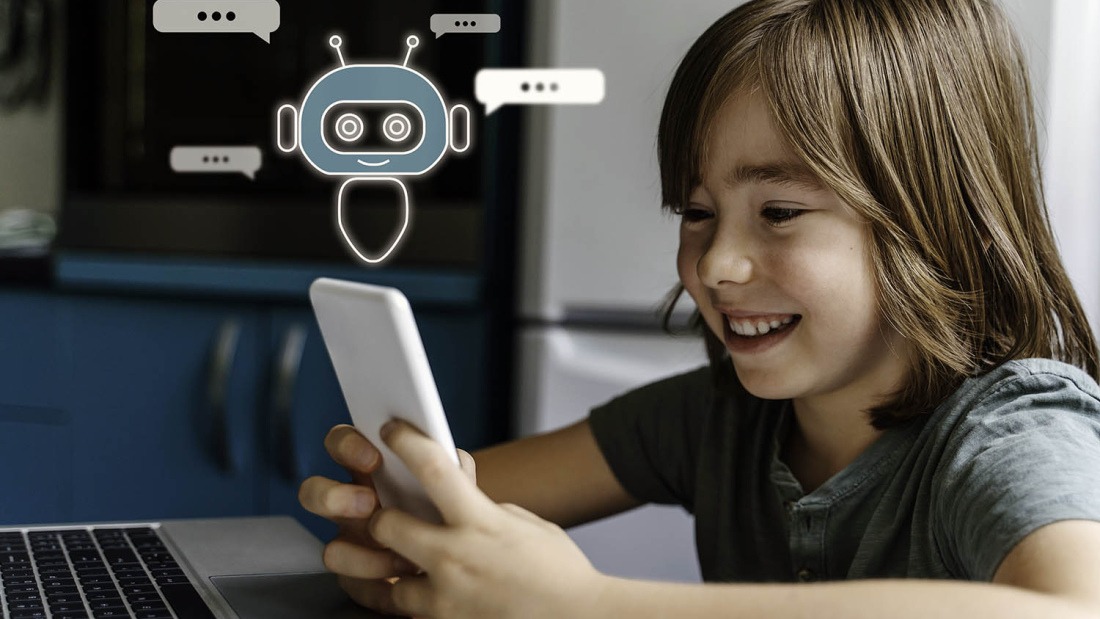In an era where information is instantly accessible and education systems are increasingly digital, the AI Homework Helper has emerged as a powerful tool in students’ academic arsenals. Yet as these technologies become ubiquitous in learning environments, educators and parents face an important challenge: how to harness their benefits while ensuring students develop the critical thinking skills essential for future success.
The landscape of education technology in 2025 is characterized by AI’s transition from supplementary tool to essential infrastructure. This shift represents both an opportunity and a challenge for developing higher-order thinking skills. While AI can efficiently deliver content knowledge and basic instruction, the cultivation of analytical reasoning, creative problem-solving, and independent thinking requires thoughtful educational design.
Critical thinking – the ability to analyze information, evaluate evidence, recognize assumptions, and draw reasoned conclusions – has always been a cornerstone of quality education. In a world increasingly shaped by AI, these skills become even more valuable. When routine cognitive tasks can be automated, uniquely human capabilities like critical evaluation, creative synthesis, and ethical judgment become key differentiators in both academic and professional contexts.
Contrary to some early concerns, AI homework helpers can actually enhance critical thinking when implemented thoughtfully. These tools can scaffold the development of analytical skills by modeling structured reasoning processes, encouraging students to evaluate multiple approaches to problems, and providing varied perspectives on complex issues. The key lies in how these technologies are integrated into broader learning experiences.
Forward-thinking educators are redesigning assignments to leverage AI tools while still developing essential thinking skills. Rather than asking questions that can be directly answered by AI, they’re creating tasks that require students to apply, analyze, evaluate, or create based on information they might gather with AI assistance. For example, instead of simply asking students to explain a historical event, teachers might ask them to compare differing interpretations of that event and develop their own evidence-based argument.
The concept of AI as a thought partner rather than an answer provider represents an important shift in perspective. When students learn to engage with AI systems by questioning outputs, seeking clarification, and evaluating the quality of information provided, they develop critical habits of mind that serve them well beyond any particular assignment.
Parents play a crucial role in this educational evolution. By engaging with their children about how they use AI homework helpers – asking questions about the process rather than focusing solely on correct answers – parents can reinforce the value of deep understanding over mere completion. Family discussions about the capabilities and limitations of AI can help students develop a more nuanced relationship with these technologies.
Schools and educational institutions are increasingly incorporating explicit instruction in AI literacy – helping students understand how these systems work, what biases they might contain, and how to evaluate AI-generated content critically. This new dimension of digital literacy prepares students not just for current homework help technologies but for a future where AI will be embedded in virtually every aspect of work and life.
The social dimension of learning remains irreplaceable even as AI becomes more sophisticated. Collaborative problem-solving, debate, and peer feedback develop thinking skills in ways that individual interaction with AI cannot replicate. Effective educational approaches combine AI support with rich human interactions that challenge students to articulate, defend, and refine their thinking.
For teachers, the integration of AI homework helpers creates opportunities to focus more on developing higher-order thinking. When basic content delivery and routine feedback can be handled by AI, human teachers can dedicate more time to designing complex problems, facilitating meaningful discussions, and providing the kind of nuanced guidance that machines cannot match.
Assessment practices are evolving to reflect this changing educational landscape. Rather than measuring simple recall or procedural fluency – areas where AI excels – innovative assessments focus on evaluating students’ ability to apply knowledge in novel contexts, synthesize information from multiple sources, and develop creative solutions to complex problems.
The workplace that today’s students will enter will value precisely these kinds of thinking skills. As routine cognitive tasks become increasingly automated across industries, employers seek individuals who can think critically, adapt to changing circumstances, work collaboratively, and bring creative insights to complex challenges. Education that balances AI support with the development of these higher-order capabilities prepares students for future success.
For education systems worldwide, the integration of AI homework helpers represents not just a technological shift but an opportunity to refocus on enduring educational values. Content knowledge remains important, but in a world where information is instantly accessible, the ability to evaluate, synthesize, and create with that information becomes paramount.
The most promising educational future lies not in resistance to AI tools but in their thoughtful integration within learning experiences designed to develop the full range of human capabilities. By embracing AI homework helpers while simultaneously emphasizing critical thinking, creativity, and ethical reasoning, education can prepare students for a world where technology and human intelligence work in complementary ways.
As we navigate this educational transformation, keeping human development at the center of our approach ensures that technology serves as a tool for expanding rather than limiting human potential. In this vision, AI homework helpers become not just answer providers but partners in the development of thoughtful, capable, and discerning minds ready to shape the future.

